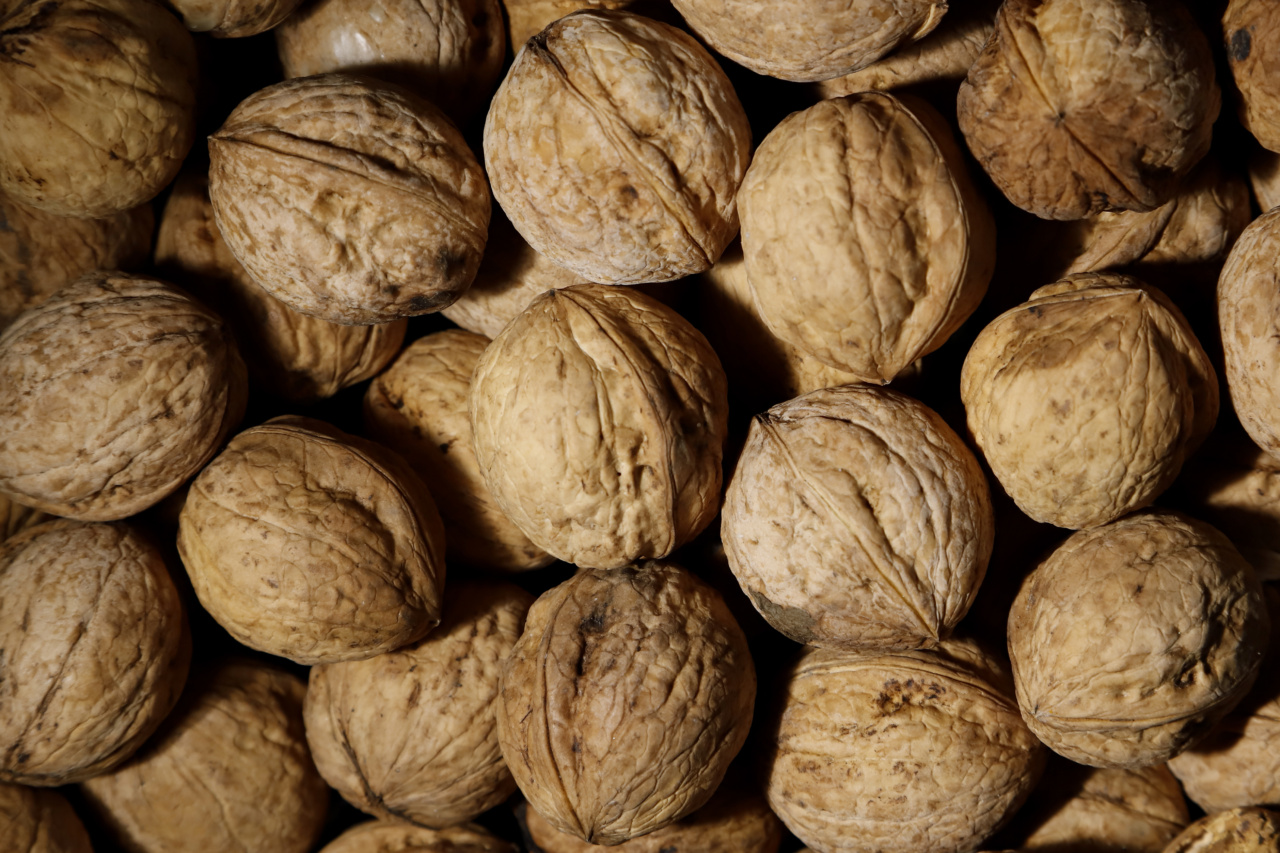When it comes to reproductive health, there are numerous factors that can influence fertility and sperm quality. Diet is often considered a crucial aspect, with certain foods being hailed for their potential to enhance sperm quality.
One such food is walnuts, which has gained popularity as a “superfood” for reproductive health. In this article, we will investigate the claims surrounding walnuts and their supposed ability to strengthen sperm.
What Are Walnuts?
Walnuts are nutrient-dense tree nuts that are packed with essential vitamins, minerals, and healthy fats. They have a distinctively mild and earthy flavor, making them a popular choice for both culinary purposes and as a snack.
Rich in antioxidants and omega-3 fatty acids, walnuts are known for their potential health benefits, including cardiovascular health, brain function, and inflammation reduction.
The Link Between Walnuts and Sperm Health
The association between walnuts and sperm health is primarily based on the presence of omega-3 fatty acids. Omega-3 fatty acids are a type of polyunsaturated fat that plays a vital role in various bodily functions.
They are necessary for the development and maintenance of cell membranes, including those of sperm cells.
Research suggests that omega-3 fatty acids can potentially improve sperm morphology, motility, and viability. Some studies indicate that higher omega-3 levels may also contribute to increased sperm count.
Moreover, it is believed that the antioxidant properties of walnuts can protect sperm cells from damage due to oxidative stress, ensuring their overall health and function.
Evaluating the Scientific Evidence
While the theory linking walnuts and sperm health seems plausible, it is essential to examine the scientific evidence before drawing any conclusions.
A study published in the journal Biology of Reproduction found that male rats fed a diet rich in walnuts displayed improved sperm quality. However, it is crucial to note that animal studies cannot be directly applied to humans.
Additionally, the study only focused on rats, and the results may not be applicable to humans due to biological differences.
Another study published in the journal Andrology investigated the effects of consuming 75 grams of walnuts daily on semen quality in healthy men.
The results indicated a slight improvement in sperm vitality, motility, and morphology compared to men who did not consume walnuts. However, the study had a small sample size and could not differentiate between the effects of walnuts or other components of a healthy diet.
These studies provide some evidence of a potential positive association between walnuts and sperm quality, but further research is necessary to establish a direct causal link.
The Importance of a Balanced Diet
While walnuts may offer certain benefits for sperm health, it is crucial to remember that they should be consumed as part of a balanced diet. Nutrition plays a vital role in overall health, including reproductive health.
Maintaining a balanced diet that includes a variety of nutrient-rich foods is essential for optimal fertility.
A diet rich in fruits, vegetables, whole grains, lean proteins, and healthy fats provides the necessary nutrients for sperm production and function. It is advisable to consult a healthcare professional or a registered dietitian for personalized dietary recommendations.
Other Factors Influencing Sperm Health
Although diet is important, it is important to acknowledge that multiple factors influence sperm health.
Lifestyle choices, such as avoiding excessive alcohol consumption, quitting smoking, managing stress levels, and maintaining a healthy weight, can also contribute to the overall quality of sperm.
Environmental factors, exposure to toxins, certain medical conditions, and genetics can also affect sperm health.
Therefore, while incorporating walnuts into a balanced diet may have some potential benefits, it is not a magic remedy and should be considered just one piece of the puzzle.
Conclusion
Walnuts have gained attention and praise for their potential to strengthen sperm due to the presence of omega-3 fatty acids and antioxidants.
While there is some scientific evidence supporting a positive association between walnuts and sperm quality, further research is required to establish a specific causal relationship.
It is important to emphasize that maintaining overall reproductive health requires a holistic approach. A balanced diet, regular exercise, stress management, and avoiding harmful habits are all crucial factors.
Consulting a healthcare professional for personalized advice is always recommended.




























